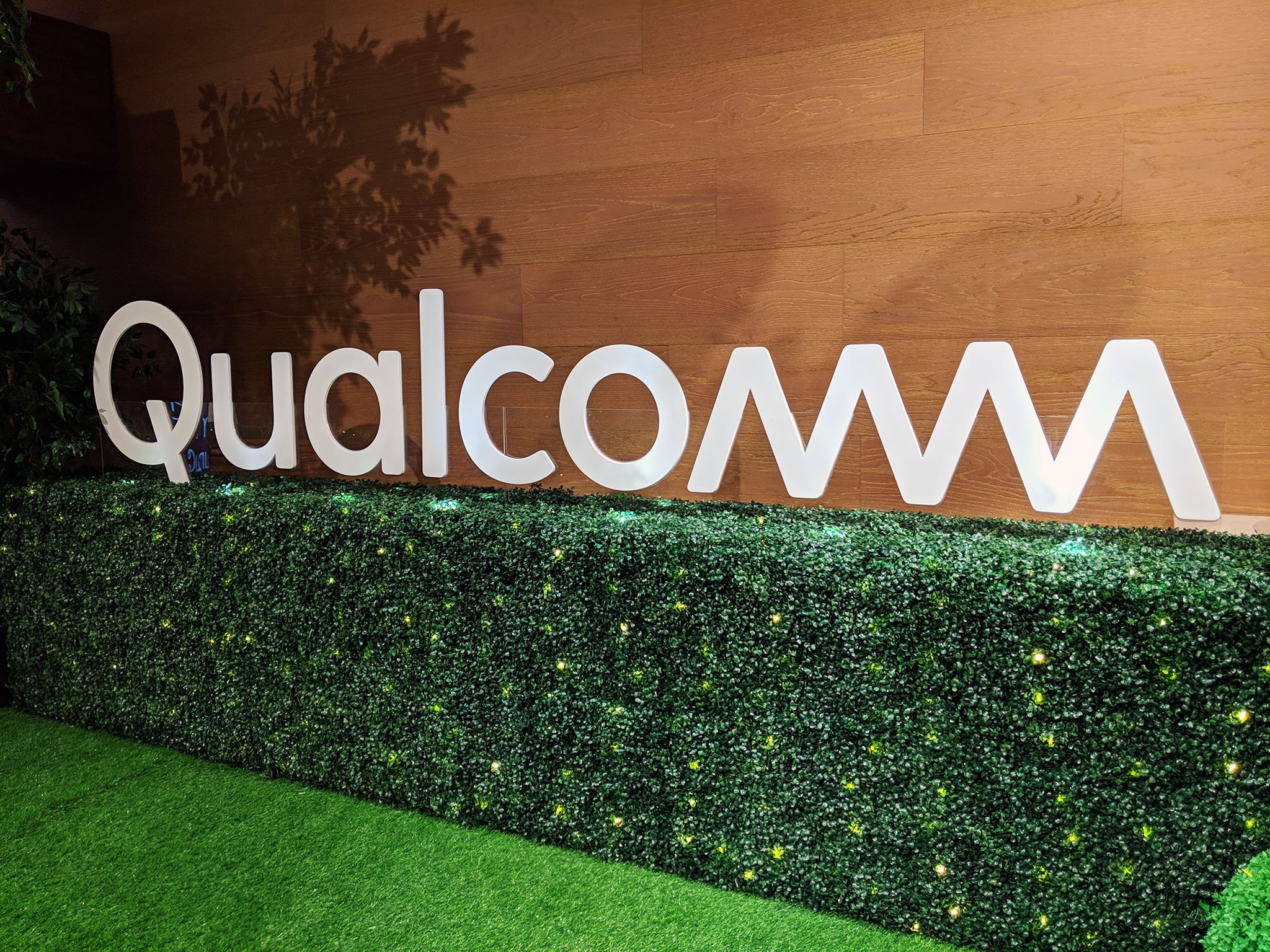[Update] Lawsuit could trigger payout to millions of UK iPhone users

What you need to know
- Smartphone chipset supplier Qualcomm is being sued in the UK.
- Consumer group Which? is taking the firm to court over anti-competitive behavior.
- If successful, millions of Apple and Samsung customers could receive a small payout.
Update, February 25 (08:11 am ET) In a statement, Qualcomm has said there is "no basis" for the lawsuit against the company.
Qualcomm, supplier of chipsets for the iPhone 12, the upcoming iPhone 13, and various Samsung smartphones is being sued in the UK by consumer group Which? The action could see millions of iPhone users receive a payout.
From the group Thursday,
More than £480m could be reimbursed to millions of consumers who bought Apple and Samsung phones in the past five years due to a breach in competition law, reveals Which? Which? is acting on behalf of more than 29 million UK consumers against technology giant Qualcomm, to recoup the cost of what Which? says are anticompetitive practices resulting in inflated smartphone prices. If the action is successful, you could be due a payout from £5 to £30, depending on which devices you bought and how many you purchased between 1 October 2015 and the end of the claim period.
Which? says Qualcomm's anticompetitive practices relate to two specific policies, refusing to license its patents to other competing chipset manufacturers, and refusing to supply chipsets to smartphone makers, such as Apple and Samsung unless they obtain a separate license and pay "inflated" royalties to Qualcomm.
Which? also says Qualcomm insists that it is paid fees even if Qualcomm chipsets aren't used by manufacturers. All of this means smartphone users in the UK "have paid more for smartphones than they should have done." Which? is trying to recover this "consumer overcharge" from Qualcomm, which could result in a payout of between £5-£30 for UK consumers, more than 29 million of them.
So who would qualify? Anyone who bought an Apple or Samsung smartphone in the UK from October 1, 2015, onwards.
You can input your details here to establish whether or not you qualify, however, the list of iPhones in the checker does not include Apple's iPhone 12, suggesting iPhone 12 users may not be included in the suit. Going by the October 1, 2015 date, most qualifying iPhones will be the iPhone 6S and 6S Plus (released September 2015, as well subsequent iPhone models, including the original iPhone SE. Furthermore, the device must have been purchased news, bought within the UK, and delivered to a UK address. It must also have been bought for yourself or as a gift for another person for personal use, rather than for a business, trade, or profession.
iMore offers spot-on advice and guidance from our team of experts, with decades of Apple device experience to lean on. Learn more with iMore!
"This case may test the limits of the United Kingdom's relatively new class action system that allows cases to be brought on behalf of many consumers", states smartphone patent litigation expert and antitrust commenter Florian Mueller. "There are some obvious challenges here. Similar claims against Qualcomm in the U.S. have gone nowhere, though the Federal Trade Commission could still petition the Supreme Court to hear the case."
Speaking to iMore, Mueller further noted:
"The UK Supreme Court handed down its Unwired Planet decision last year, which was about the antitrust implications of standard-essential patents and very much favored the interests of patent holders. Interestingly, Qualcomm is now being lambasted in the UK while it is actually the most vocal opponent to Nvidia's acquisition of UK-based semiconductor company ARM."
Which? is currently awaiting permission from the UK's Competition Appeal Tribunal to serve the claim on Qualcomm. Which? chief executive Anabel Hoult stated:
"We believe Qualcomm's practices are anti-competitive and have so far taken around £480m from UK consumers' pockets – this needs to stop. We are sending a clear warning that if companies such as Qualcomm indulge in manipulative practices which harm consumers, Which? is prepared to take action. If Qualcomm has abused its market power, it must be held to account. Without Which? bringing this claim on behalf of millions of affected UK consumers, it would simply not be realistic for people to seek damages from the company on an individual basis – that's why it's so important that consumers can come together and claim the redress they're entitled to"
Update, February 25 (08:11 am ET) - Qualcomm says there is no basis for lawsuit
In a statement to iMore, Qualcomm has stated there is no basis for the lawsuit filed by Which? in the UK, claiming the issues have all been settled in a prior case in the U.S. Statement in full:
"There is no basis for this lawsuit. As the plaintiffs are well aware, their claims were effectively put to rest last summer by a unanimous panel of judges at the Ninth Circuit Court of Appeals in the United States."

Stephen Warwick has written about Apple for five years at iMore and previously elsewhere. He covers all of iMore's latest breaking news regarding all of Apple's products and services, both hardware and software. Stephen has interviewed industry experts in a range of fields including finance, litigation, security, and more. He also specializes in curating and reviewing audio hardware and has experience beyond journalism in sound engineering, production, and design.
Before becoming a writer Stephen studied Ancient History at University and also worked at Apple for more than two years. Stephen is also a host on the iMore show, a weekly podcast recorded live that discusses the latest in breaking Apple news, as well as featuring fun trivia about all things Apple. Follow him on Twitter @stephenwarwick9
